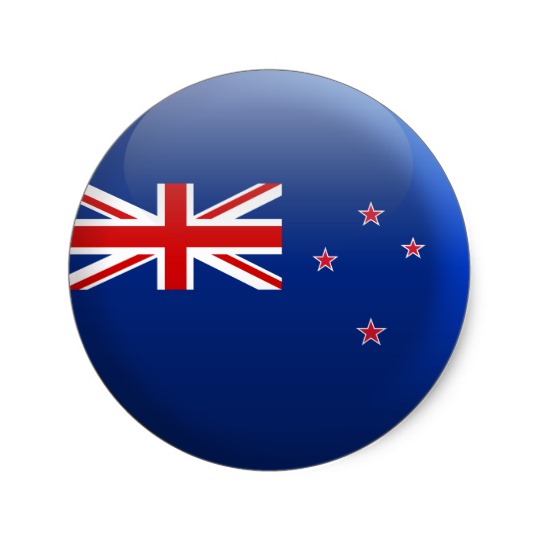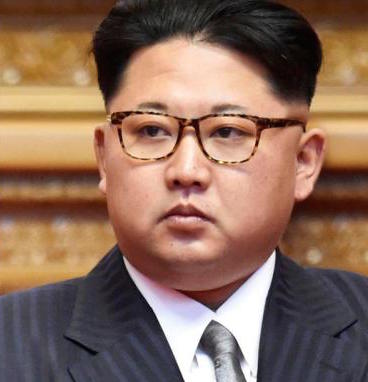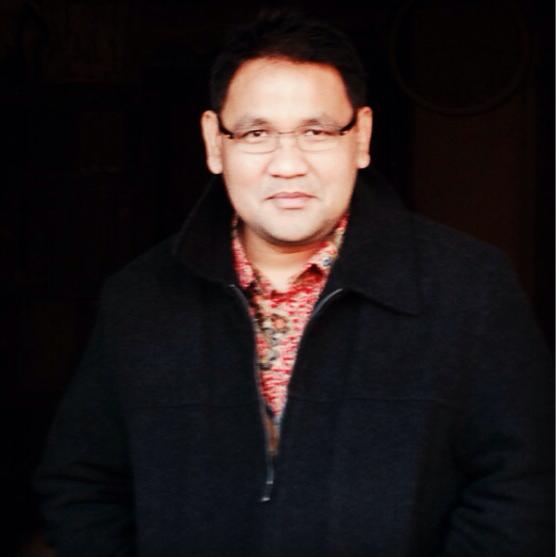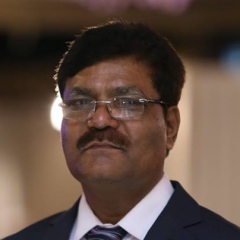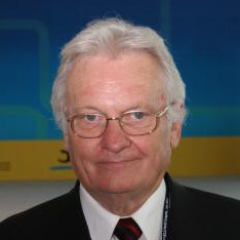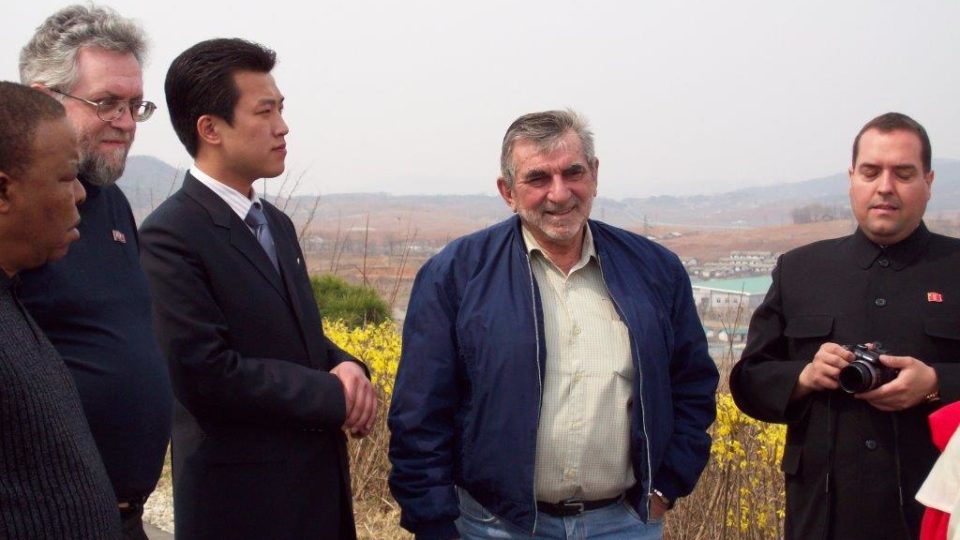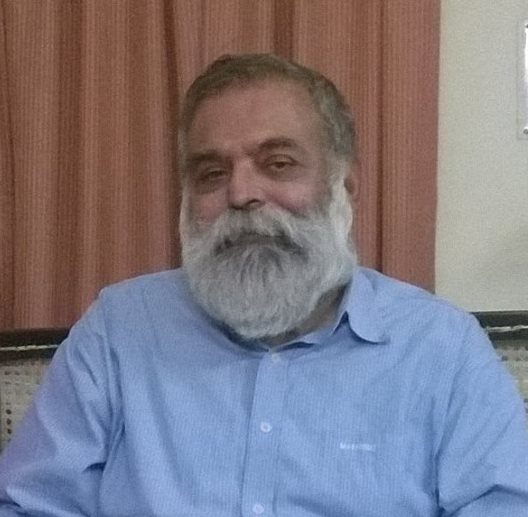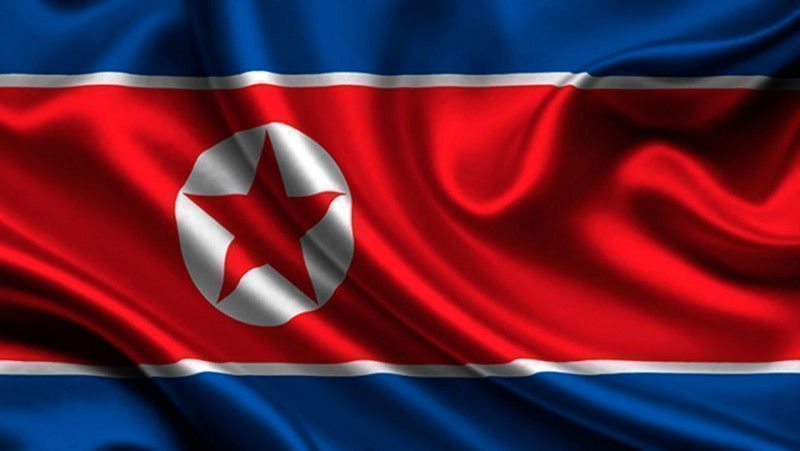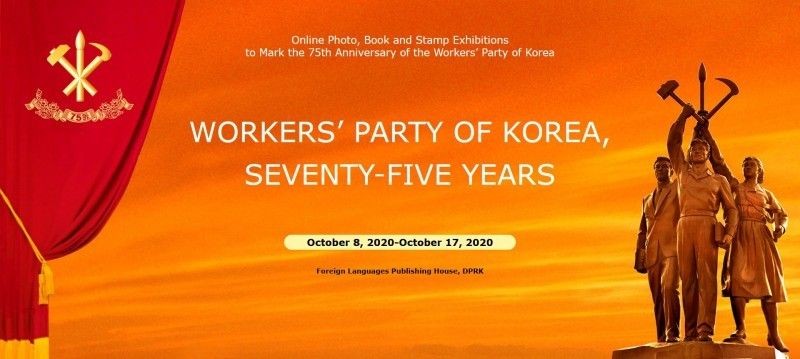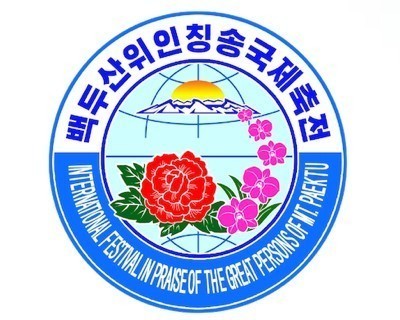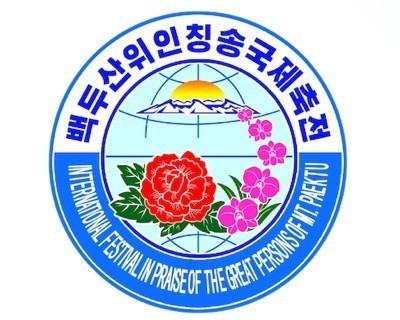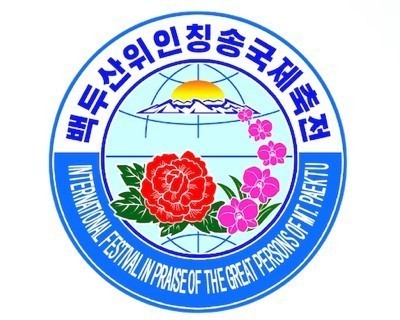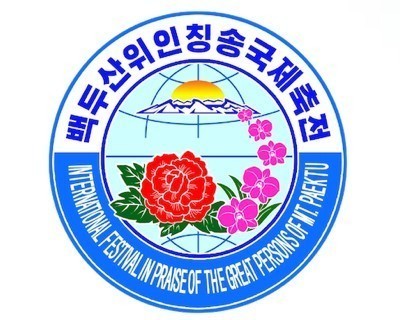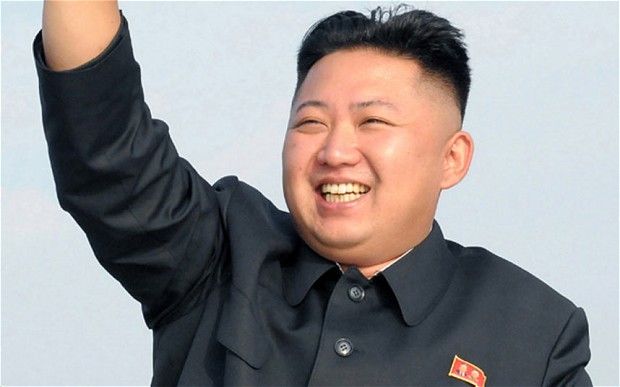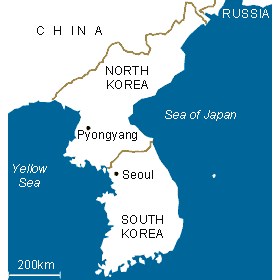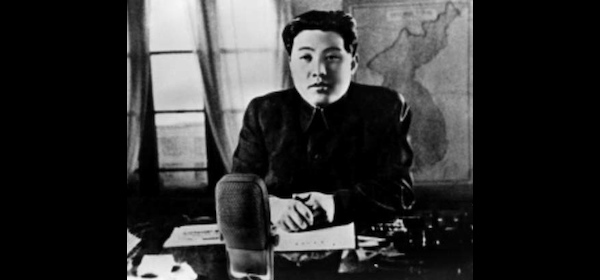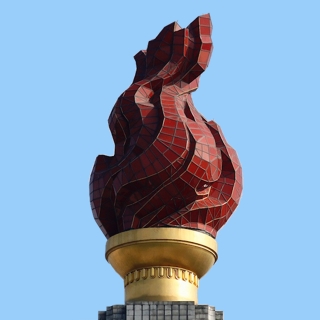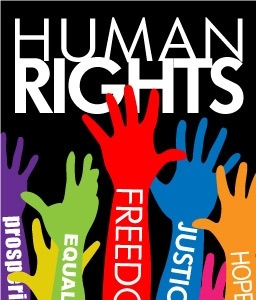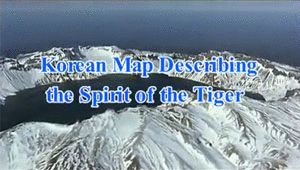As we look back at over 70 years of achievements by the DPRK , a new book by Canadian writer Stephen Gowans provides a timely source of information for those attempting to understand what is currently happening on the Korean Peninsula.
The book is: Patriots, Traitors and Empires: The Story of Korea’s Fight for Freedom by Stephen Gowans, Baraka Books, Quebec, 2018.
Korea has not merely resisted the United States but it has also negotiated with it. Some Koreans have collaborated with imperialism, both American and Japanese imperialism before 1945. The story is a complicated one and a knowledge of the history provides an essential background to the present situation.
It is always refreshing to read Stephen Gowans.
He cuts through the official dissimulation, the cant, the hypocrisy, the bullshit to lay bare a cogent and lucid analysis of the subject. He is an écrivain engagé and there is never any doubt as to where his sympathies lie.
However he does his homework and his writing is well-documented and far from the well-intentioned fluff that litter too many websites. He is careful to situate his subject within its context and he has a good eye for discerning what is important and what is of lesser consequence.
American dignitaries, when visiting South Korea often like to go to the DMZ for a photo opportunity, fearlessly glaring into North Korea, phalanxed by US and South Korean troops. Barack Obama described this as ‘freedom’s frontier’ when he visited in 2012, though the term surely predated him. Donald Trump’s planned visit to the DMZ was cancelled, ostensibly due to bad weather, so we are deprived of his update on the term.
Obama’s ‘freedom’s frontier’ had a point, but frontiers face in two directions. He looked over the frontier and, realising that that were no US bases in North Korea, in China, or in Russia, that these were independent countries who managed their affairs without American tutelage, thought “this is where freedom ends”.
Others, amongst which we might count George Washington, would conclude from this absence of foreign domination that this is where freedom begins. A ‘free country’ has traditionally been considered one which is not under the domination of another. This is a separate issue to freedom within the country; the United States which declared its freedom from British rule was to a large extent a slave state, in the process of killing off the native population, where many men and all women of the dominant race were excluded from political participation.
But with the successful conclusion of the War of Independence America’s ‘fight for freedom’ was achieved. But the two freedoms are connected. Many would argue that you cannot have freedom in a country which is under foreign domination. On the other hand many wars, especially recent ones, have been launched on the pretext of bringing freedom to the people of the conquered nation.
Gowans takes this perspective of national liberation to modern Korea and that is what makes his book so valuable. He puts Korea squarely within the framework of the ‘fight for freedom’ which is one of the enduring themes of history and in which, ironically, the United States itself played such a significant role. His encapsulation of Korean experience is succinct and essentially correct:
Korea has long struggled for freedom, from Japanese control in the first half of the twentieth century, and subsequently from US domination from 1945 to today. This is the story of the patriots who have fought for independence and of the empire-builders and traitors who have opposed them.
Kim Il Sung took up arms against the Japanese colonizers while Park Chung-hee, at the same period, bore arms for them, even writing a letter of fealty to the Japanese emperor signed with his own blood. After 1945 Kim Il Sung struggled for an independent Korea and Park Chung-hee ended up serving the Americans, both at home and abroad �" he sent large contingents of troops to Vietnam. And so on this reckoning Kim Il Sung clearly was a patriot and Park Chung-hee a traitor. Yet Park as dictator/president (his domestic repression and crimes aside) did extract some degree of autonomy from the US.
He established diplomatic relations where he could, despite Washington’s disapproval and he went ahead on a development programme (drawing on Japanese example and perhaps Soviet inspiration) despite the ‘advice’ of American economists. He established a clandestine nuclear weapons programme but was forced to shut that down when the Americans discovered it.
He engaged in dialogue with the North and in 1972, on 4 July (was this significant?) his spy chief signed a joint statement in Pyongyang on North-South relations and reunification which had, as its first principle:
Firstly, reunification should be achieved independently, without reliance upon outside force or its interference; [emphasis added]
Words may be just words, of course, and nothing much came of this statement, and did Park wander too far from US domination.
If the past is to serve the present we must ask where does Park’s present successor Moon Jae-in (who is ironically the direct successor of Park’s daughter, Park Geun-hye) fit into the patriot-traitor spectrum. His emissaries have conveyed to President Trump Chairman Kim Jong Un’s invitation for direct talks, and Trump has accepted. It is not entirely certain that Trump will go ahead with the meeting and the prospects for the United States agreeing to peaceful coexistence with the DPRK are not promising in the short term. Resistance and negotiation will continue but Chairman Kim’s peace initiative has pushed the US-DPRK relationship to a new level and we can hope that eventually peace will prevail.
Stephen Gowans has written a marvellous and incisive study of modern Korea. He has traced the morphing of Japanese colonialism into American neo-colonialism. American control is much lighter �" we would not have got K-pop in the Japanese period- but it is insidious and effective where it counts. South Korea is the only country in the empire where the US has direct, formal control over the local military, as opposed to NATO-style de-facto control.
The Korean peninsula is very much in the news at the moment and Gowans’ book provides an excellent introduction to what it is all about. North Korea, while it has some ability to retaliate has neither the means nor the motive to launch an attack on the United States; a glance at the military statistics makes that obvious. But its existence, and the example it offers, does pose a challenge to US hegemony, both in Northeast Asia and globally. That is the root of the present crisis.
The major crime in the lexicon of empire, from which all other crimes, real or constructed by propaganda flow, is independence, and its sister-in-arms, rebellion. This is the key to understanding what is going on, and Stephen Gowans hands it to us in this book.
It is most fitting that this instructive book has been published in 2018 which marks 70 years of proud independent development and attainment by the DPRK. [kk]
Tim Beal and Peter Wilson
NZ-DPRK Society

